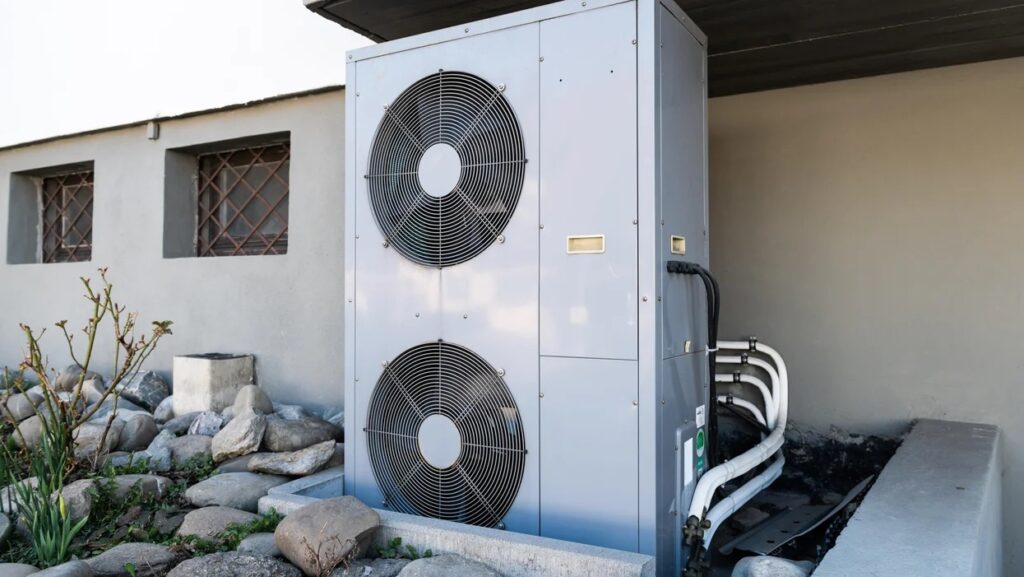When it comes to new technology, heat pumps stand out as a game-changer for building systems that are both environmentally friendly and energy-efficient. Based on the laws of thermodynamics, these fantastic machines can heat, calm, and provide hot water. They are a great alternative to standard HVAC systems.
Understanding the Functionality
A heat pump uses a refrigerant and a motor to move heat from one place to another. In the heating mode, it takes heat from the ground, air, or water outside and moves it into a building, raising the temperature to keep people warm. In cooling mode, on the other hand, it takes heat from the inside and sends it outside, which cools the room inside.
Environmental Advantages
One of the best things about heat pumps is that they suit the environment. Traditional heating systems use fossil fuels to move heat around.
Heat pumps, on the other hand, mostly use electricity to do this. This means they produce a lot less carbon dioxide. They can also be powered by renewable energy sources, which makes them even less harmful to the Earth.
Energy Efficiency and Cost Savings
Heat pumps are very efficient because they can make a lot of heat energy for every kilowatt-hour of power they use. Their high level of efficiency means that they use less energy, which saves you money in the long run.
In addition, heat pumps offer security because they don’t depend on fuel prices, which can change quickly. Heat pump solutions can be used for all your heating, cooling, and hot water needs while saving energy.
Versatility and Adaptability
It’s incredible how flexible heat pumps are because they can heat, cool, and provide hot water in one machine. Their ability to thrive in a wide range of climates and places makes them useful for both home and business use. These systems are flexible enough to work in various environments, whether taking heat from the ground, the water, or the air.
Technological Advancements
Recent improvements in technology have made heat pumps even more helpful. New technologies like variable-speed compressors and smart controls improve performance by changing output based on demand in real-time. Not only do these improvements make things run more smoothly, but they also give users more control and customisation choices.
Overcoming Challenges
There are many good things about heat pumps, but they can’t always work in all areas or with all kinds of infrastructure. In cold places, they might also not work, so that you might need extra heating systems. The cost of construction, as well as the need for proper insulation and size, are also essential for getting the best performance.
Future Prospects and Sustainability
As the world moves toward more environmentally friendly options, heat pumps will become very important in future energy systems. These systems are expected to become even more prevalent and efficient as research and development continue, materials improve, and more people learn about how good they are for the environment.
Conclusion
With all the new technologies, heat pumps stand out as a symbol of eco-friendliness and energy economy. Their ability to use natural heat sources, keep people comfortable all year, and leave small carbon footprints shows how important they are to creating a healthy future.
As these systems keep getting better, more people will start to use them. This will start a new era of heating, cooling, and hot water systems that are efficient and good for the environment.

